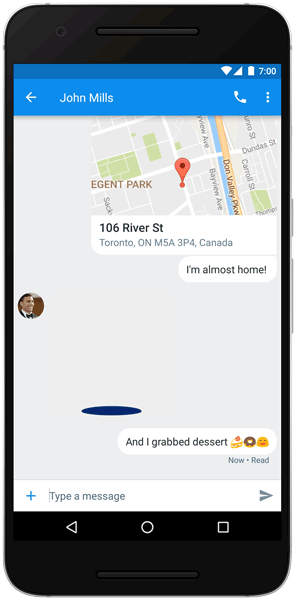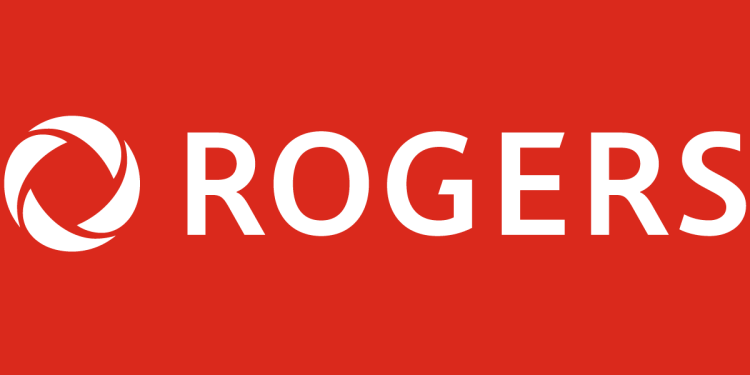testsetset
Google and Canadian carrier Rogers partnered today to give Android users Rich Communication Services (RCS) in Canada. Although SMS is the standard for mobile messaging, it’s just plain text. RCS is one of many attempts to offer a more enhanced messaging experience out of the box.
The default SMS app on Android — unless the carrier decides to change it — is called Messenger. Google is using this app to push its implementation of RCS so that Android phones can offer features like group messaging, IP voice calls, and file-sharing. The service is powered by the Jibe RCS cloud (Google acquired Jibe in September 2015).
Google brought RCS to Sprint users last month. Rogers is the second carrier to come into the fold, and the company plans to bring RCS to more carriers globally “in the coming months.”

June 5th: The AI Audit in NYC
Join us next week in NYC to engage with top executive leaders, delving into strategies for auditing AI models to ensure fairness, optimal performance, and ethical compliance across diverse organizations. Secure your attendance for this exclusive invite-only event.
Starting today, Rogers customers with Android phones are getting features like group chat, high-res photo sharing, and read receipts. All they need to do is download the latest version of Messenger for Android from Google Play — Rogers plans to preload Messenger as the standard messaging app for new Android devices next year.
“We’re excited to be the first Canadian provider to bring Messenger for Android to its customers,” Leroy Williams, VP of Rogers Wireless Services, said in a statement. “These features offer new, fun, and easy ways for people to stay connected, and we believe our customers are going to really enjoy it.”
At this rate, it will be years before a significant number of Android users have access to RCS. And even then, carriers are implementing the standard in different ways. Only two carriers in the whole world are supporting Google’s RCS platform, and they don’t even operate in the same country.
And with the steady rise of platforms like Facebook Messenger, WhatsApp, and so on, you can’t help but wonder “What the hell is Google doing in messaging?“

